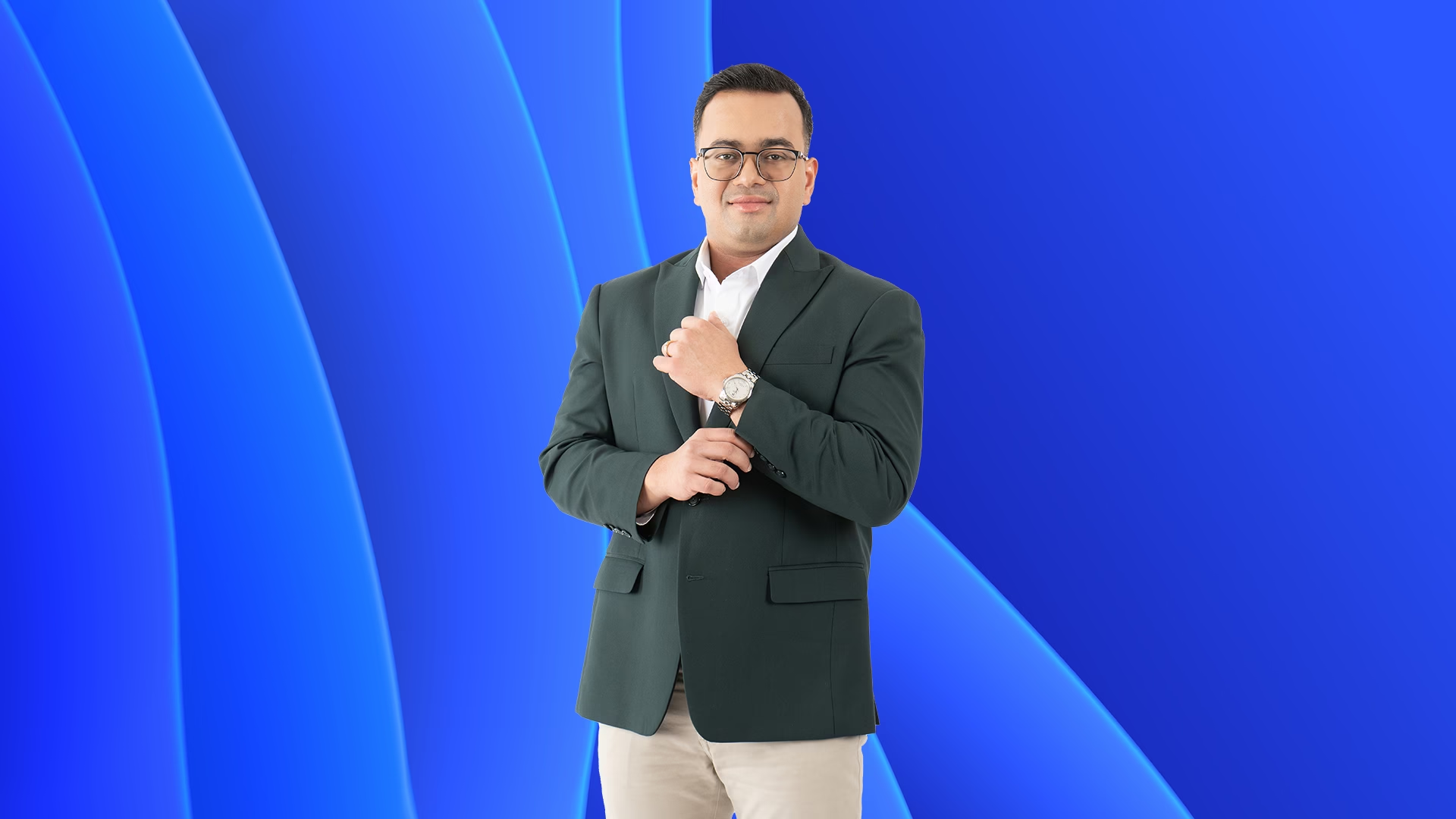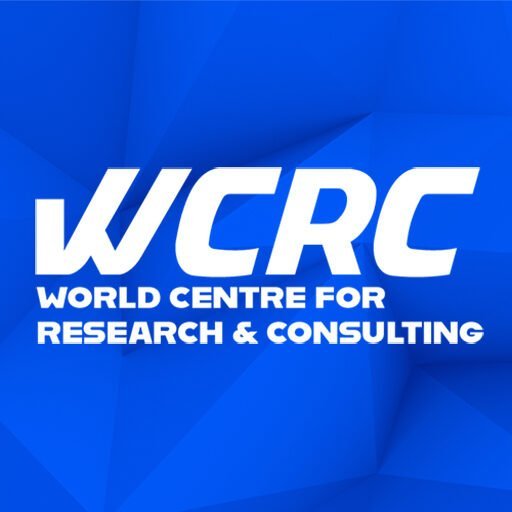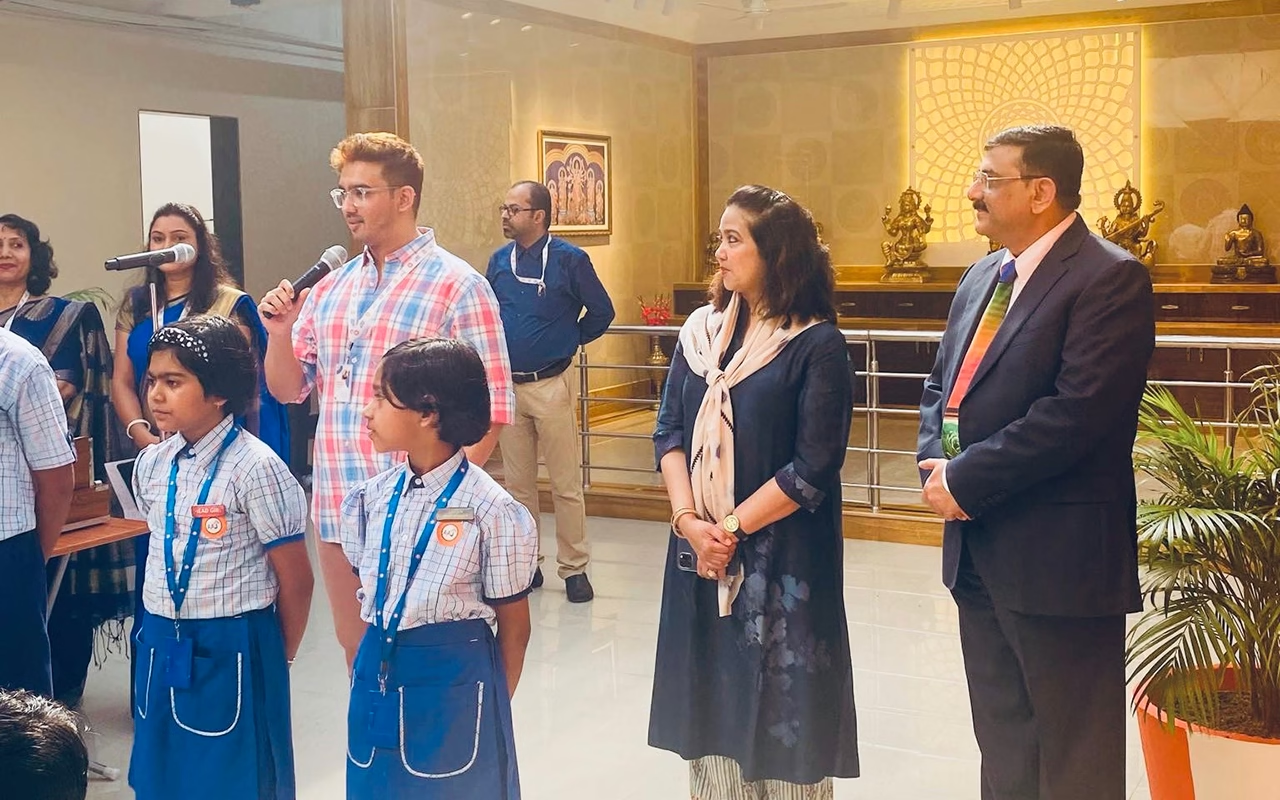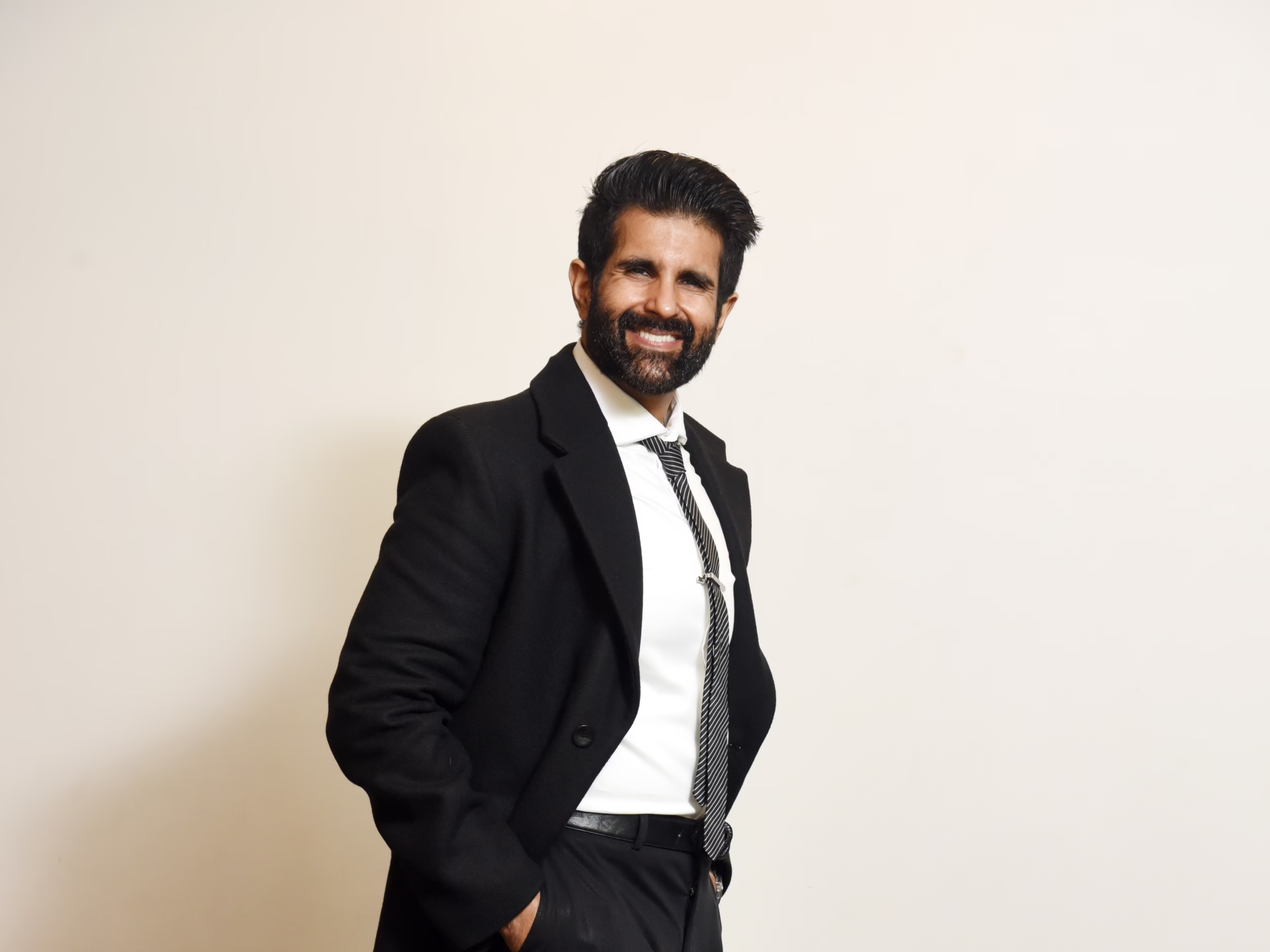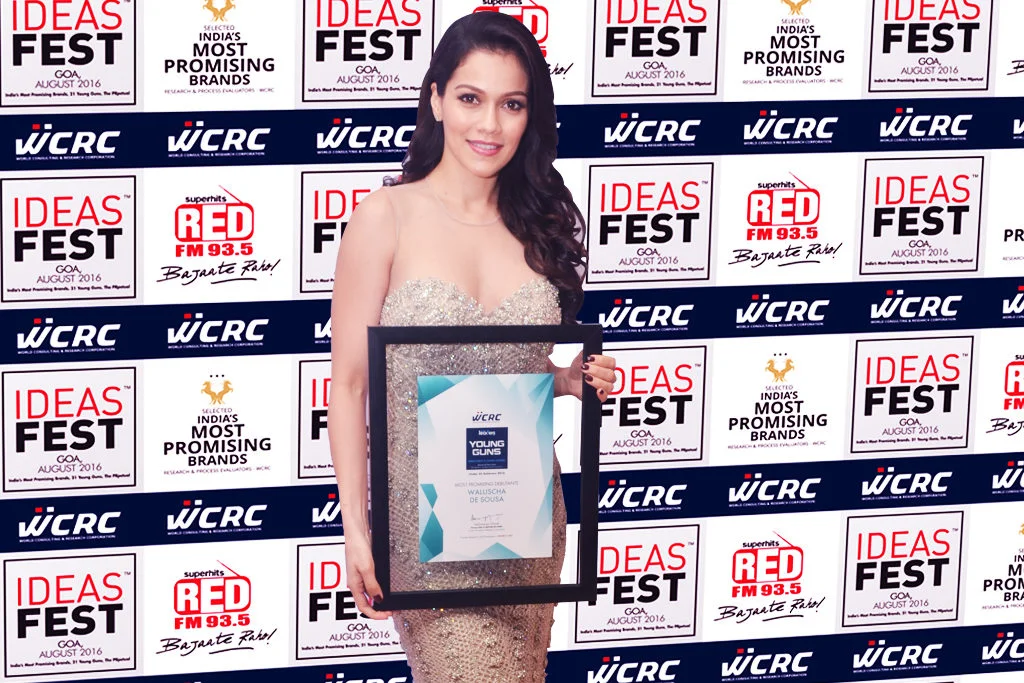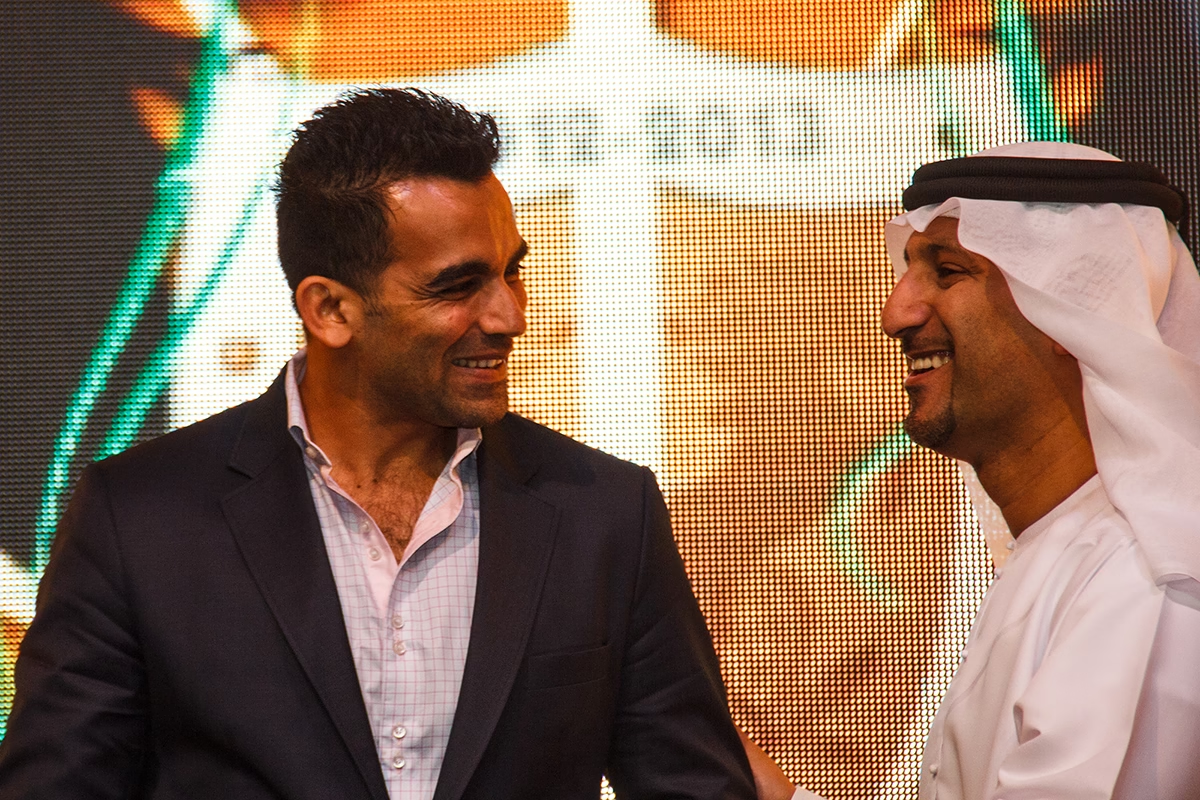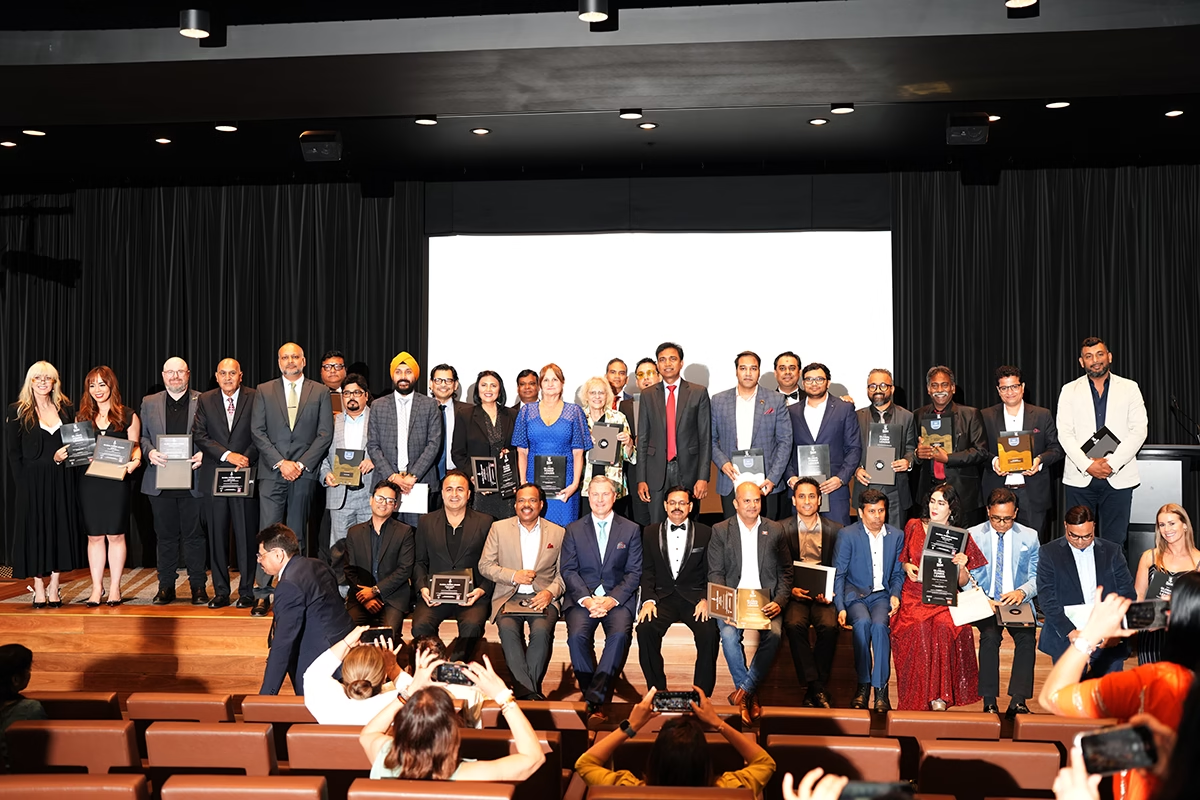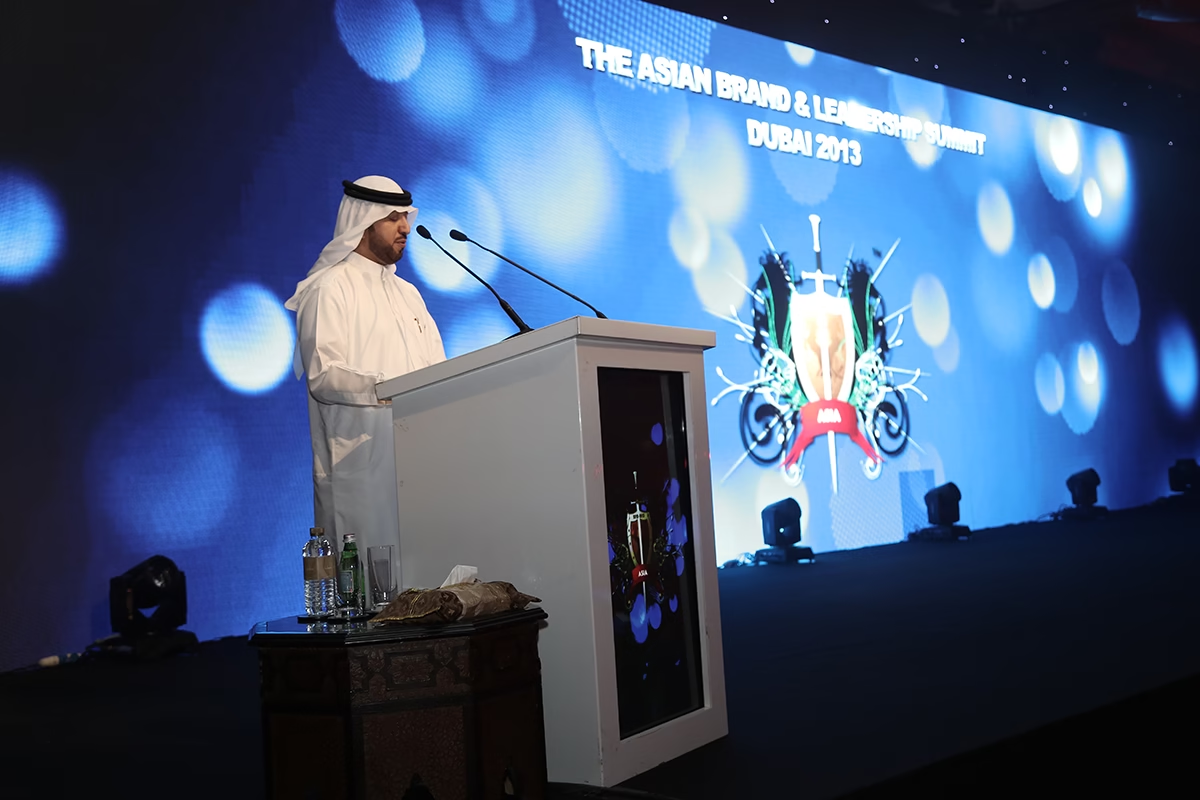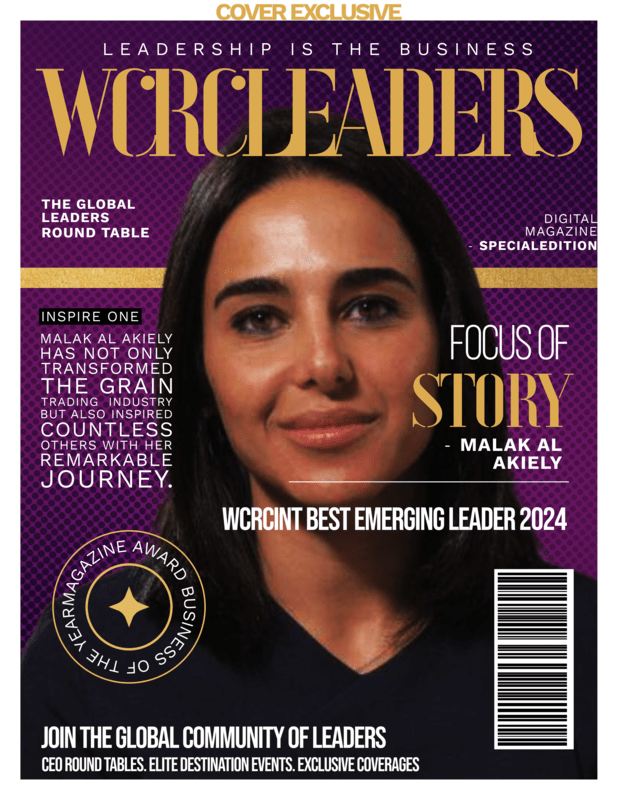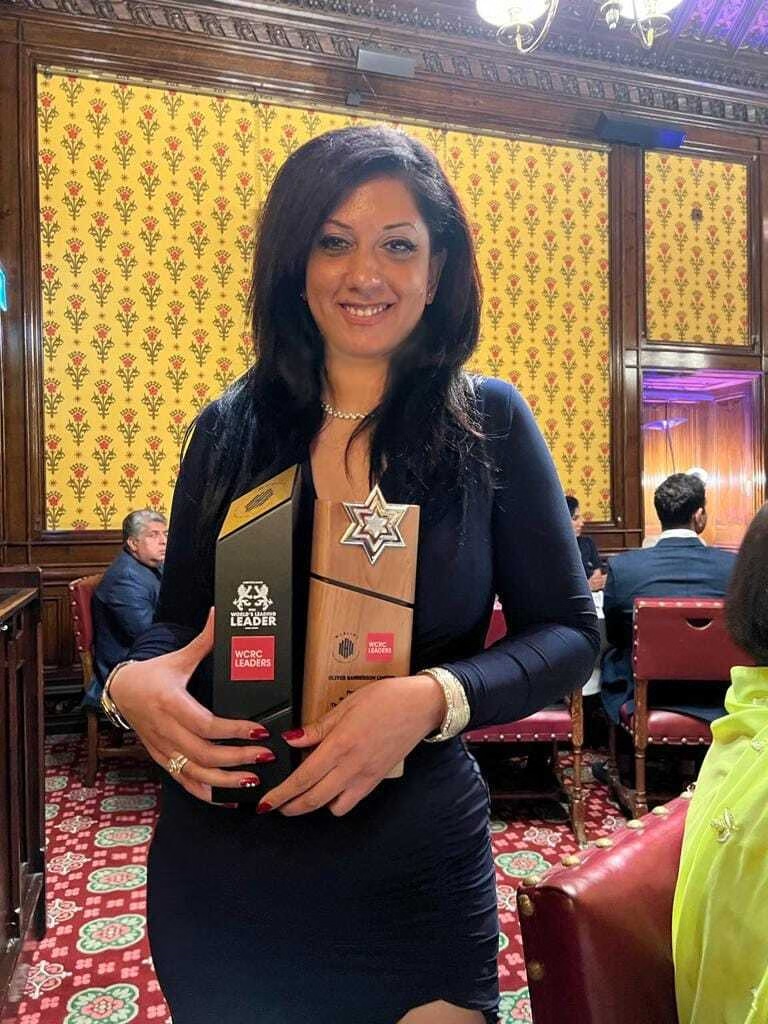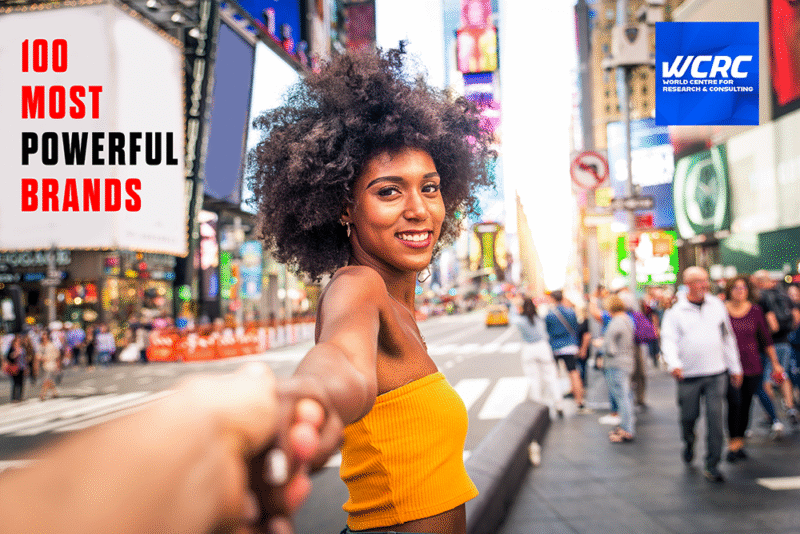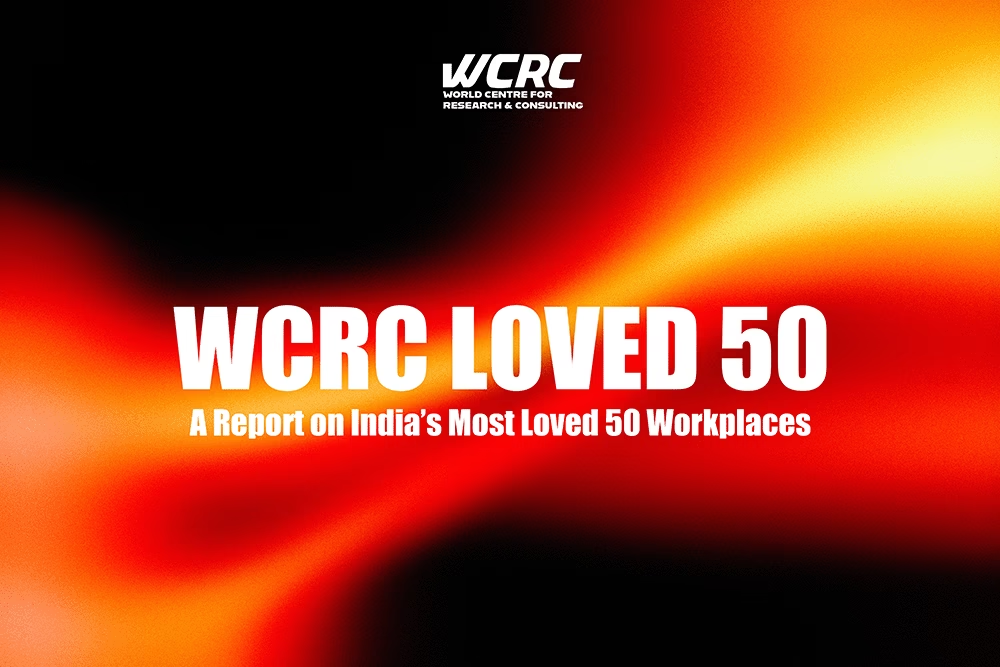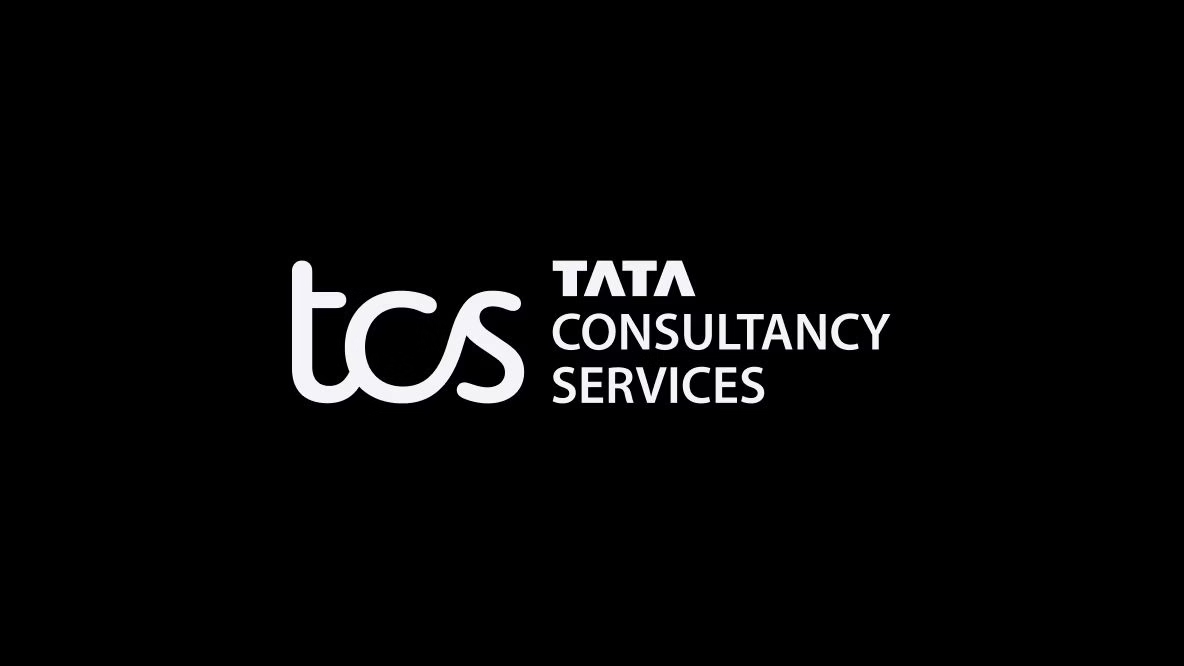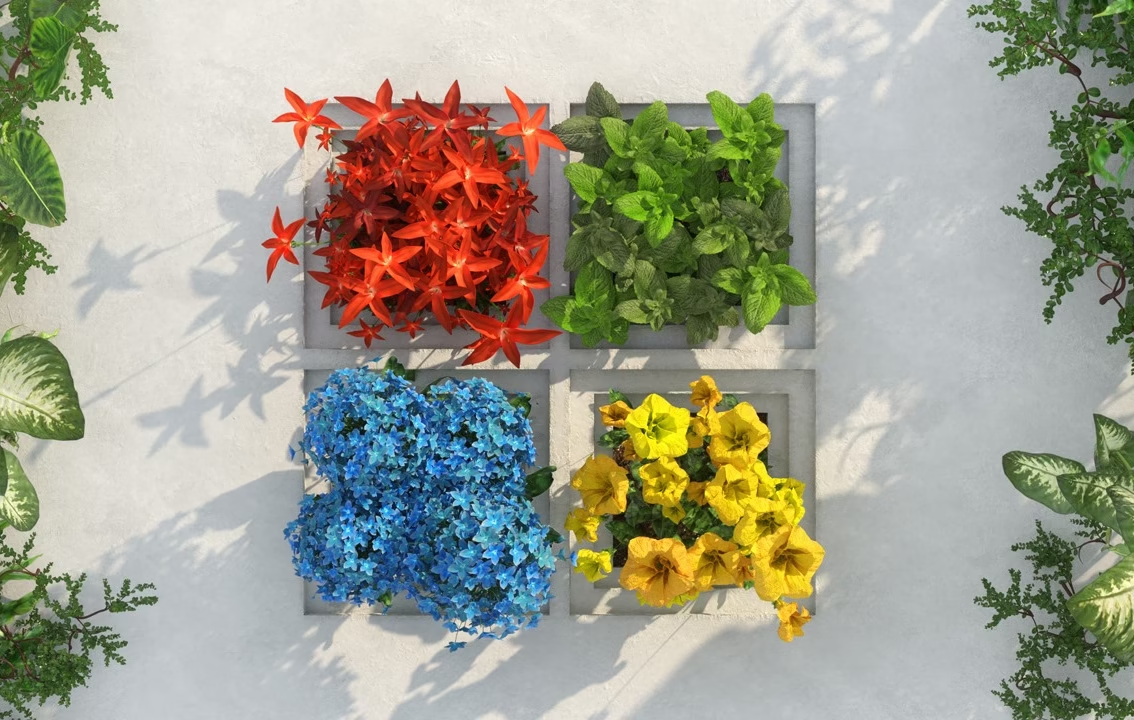How Chiang Mai based Hylife Group CEO, Shubhodeep Das earned WCRC’s “World’s Leading Leader 2025” by betting on people, planet, and principled growth.
Monsoon rain drums rhythmically on the bamboo roof of a community center in Hang Dong District. Inside, Shubhodeep Das kneels beside a farmer, sketching supply chain diagrams in a notebook stained with soil. This isn’t corporate philanthropy—it’s Tuesday morning for the CEO steering Hylife Group, a 13-subsidiary empire generating 420 million THB. When WCRC named Das World’s Leading Leader 2025, they weren’t just honoring growth metrics. They recognized a man rewriting leadership’s DNA: one where lychee harvests and solar farms matter as much as spreadsheets.
The Unlikely Revolution: From Single Entity to Ethical Ecosystem
Das’ journey feels less like a corporate playbook than a Thai folk tale. When he took Hylife’s reins, it was a modest enterprise. Today, its tendrils stretch across real estate, medical tech, sustainable foods, and beyond—a 150% revenue surge achieved not through cutthroat tactics, but radical collaboration.
“Profit isolated from people is poison,” Das tells me, wiping sweat as we tour a Hylife-funded vertical farm. “Our growth came because we asked: Who else thrives when we do?”
The answer materialized in partnerships that defy conventional business logic:
- Hill-tribe artisans designing biodegradable packaging
- Public health clinics testing Hylife medical devices
- Struggling rice farmers becoming renewable energy suppliers
WCRC’s Leadership Equity Matrix—evaluating vision, cultural impact, and societal value—revealed the genius: Das embedded stakeholders into Hylife’s architecture. “He didn’t build a company,” noted one auditor. “He cultivated an ecosystem.”

The “Anti-CEO” Playbook: Trust as Competitive Advantage
In Hylife’s airy Chiang Mai headquarters, there are no corner offices. Das works at a reclaimed teak desk surrounded by engineers debating algae-based plastics. His leadership mantra? “Be the gardener, not the sculptor.”
Seeds of Autonomy
Early on, Das noticed proposals stalling for his approval. His fix was radical: dismantle the approval hierarchy. Today, teams pilot projects with 70% autonomy. “Failure isn’t a fireable offense—it’s R&D,” explains marketing head Lena Srisomphan. When her sustainable cosmetics line missed sales targets, Das funded her pivot to upcycling tourism waste into beauty packaging. The result? A 2024 FMCG Award and 42 new jobs.
The Mentorship Paradox
Das’ Google tenure taught him innovation thrives on cross-pollination. His twist? Reverse-mentoring. Every Friday, he’s grilled by junior staff:
- “Why haven’t we adopted mycelium packaging yet?” (They did six months later)
- “Can we pay interns living wages?” (Now standard)
“The kids see blind spots we CEOs fossilize into,” he laughs.
When Growth Met Gravity: The Sustainability Crucible
By 2023, Hylife’s expansion threatened to fracture its eco-pledges. Chiang Mai’s tourism boom choked rivers with plastic; supply chains leaked carbon like sieve. Investors urged Das to postpone sustainability goals. Instead, he declared war:
The Plastic Gambit
Hylife replaced all packaging with compostable cassava-starch alternatives—costing 17% more. “Shareholders panicked,” recalls CFO Anong Nitirat. “Shubhodeep showed them landfill footage. ‘This is our future tax bill,’ he said. Quiet quarter? Yes. Then came the FIABCI Prix D’Excellence. Orders jumped 200%.”
Creative Chiang Mai: Art as Activism
Das’ most daring move partnered graffiti artists, tech coders, and displaced street vendors. Using augmented reality, they transformed tourist hotspots into “living galleries” where scanning a temple revealed real-time air quality data. Vendors sold carbon-offset snacks. “We turned sightseers into stakeholders,” beams Das.
The Human Algorithm: Technology with Thai Soul
While rivals chased AI hype, Das asked: “How does tech honor our farmers’ wisdom?” The answer emerged in unexpected places:
- AI-powered soil sensors calibrated by elders’ rain-prediction lore
- Blockchain food tracing with QR codes telling growers’ stories
“Tech should whisper local wisdom louder,” insists Das.
Legacy: Building Cathedrals He’ll Never Enter
Das’ five-year vision unfolds like a love letter to Northern Thailand:
- Southeast Asian expansion exporting Chiang Mai’s sustainable agri-tech
- Hylife International School blending STEM with “soil-to-soul” ethics
- Zero-waste industrial parks where factories feed algae farms with CO2
Yet ask about legacy, and he gestures toward interns testing bamboo bio-plastics: “That’s my monument. Kids who believe business can breathe.”
Why WCRC Broke the Mold
In conferring World’s Leading Leader 2025, WCRC’s auditors highlighted Das’ embodiment of Leadership Equity:
“While others preach ESG, Das practices ‘Embedded Symbiotic Growth’—where success is measured by how many rise with you. His matrix isn’t just vision+culture+impact. It’s rice fields plus renewable energy plus radical trust.”
As dusk stains Doi Suthep mountain purple, Das watches farmers head home past Hylife’s solar fields. “Empires extract,” he murmurs. “But roots? They nourish long after the tree is gone.”
In an age of disposable leadership, Das plants forests.

